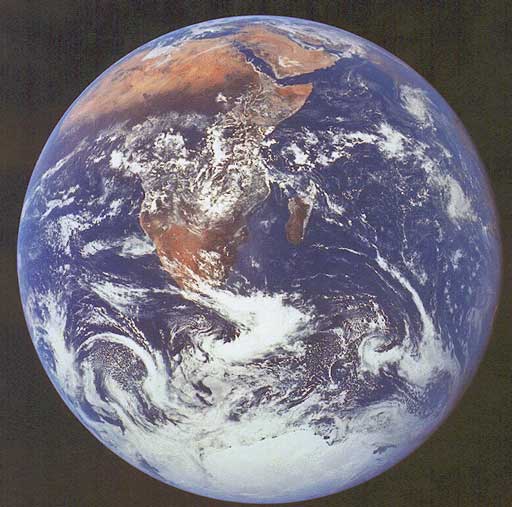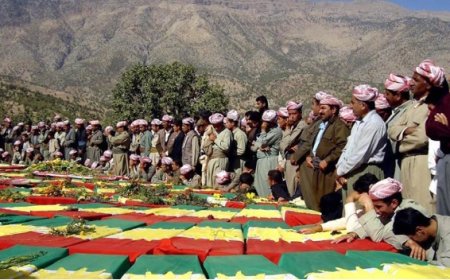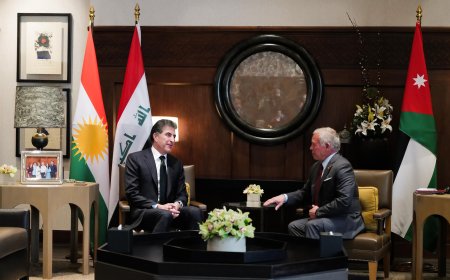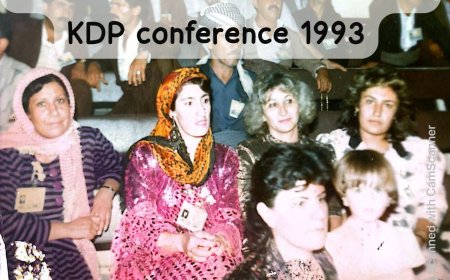11th anniversary of the genocide of the Yazidis
Michael EJ Phillips / Lecturer in the Department of French at Salahaddin University
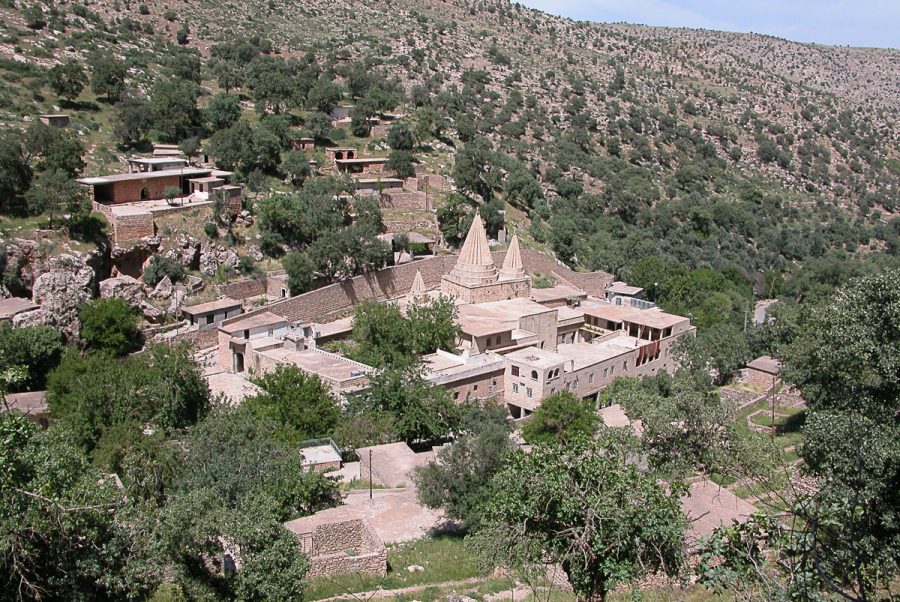
August 3, 2025 marks the eleventh anniversary of the genocide against the Yazidi people, which took place in Sinjar, Iraq. Fighters of the so-called “Islamic State” (IS) having taken control of large swathes of Syria and Iraq in June 2014 meant that the Yazidi people found themselves in grave danger, because the IS believed them to be infidels who must either submit to their warped interpretation of Islam through forced conversion or simply be executed.
When they arrived in Sinjar, horrendous massacres took place with 5,000 Yazidis being killed within 24 hours. For those who were able to escape the initial onslaught, they were only able to escape through climbing Mount Sinjar in the merciless summer heat. Without food, water or shelter, many others died from dehydration and exposure.
As time passed, many hundreds of young women and girls were enslaved by the IS, sold into slavery and married off to “sheikhs and princes”. These innocent people saw their lives changed in an instant, enduring hard labour and sexual abuse. If they attempted to escape their inhuman circumstances, they were often beaten, dragged back and starved, their situation turning to something even worse than before.
The trauma of what happened to the many thousands of Yazidi people will take a lifetime of healing to recover from. The effect on their community and way of life cannot be underestimated. Already subject to the persecution that arises from misunderstanding and intolerance, this ancient and endogamous people (meaning they do not marry outwith their social or ethnic group) have Yazidism as their faith. They are monotheistic, with their creed originating in pre-Zoroastrian times: as old as time. Their population has traditionally been distributed among present-day Syria, Iraq, Armenia and Turkey among others, but there are nowadays significant numbers living in the diaspora for example in Australia or Germany, where they have been given refuge particularly after the events of 2014 onwards.
During Lord Ahmad of Wimbledon’s visit to Iraq in early 2023, he mentioned that he was honoured to visit some of Iraq’s impressive and important religious sites and to meet faith leaders, which underlined the richness of Iraq’s religious and ethnic diversity, the need to protect freedom of religion or belief and the importance of interfaith dialogue. In meetings with senior politicians, civil society and religious leaders Lord Ahmad discussed the human rights situation in Iraq, especially issues facing survivors of Islamic State atrocities. He welcomed the passing of the Yazidi survivors’ law in 2021 and reiterated the United Kingdom’s continued commitment to help the Iraqi government fully implement the law.
In August 2023, the UK Government formally acknowledged the atrocities committed against the Yazidi people by the Islamic State in 2014 as an act of genocide. Lord Ahmad affirmed the historic acknowledgement that acts of genocide were committed against the Yazidi people. This determination only strengthened the United Kingdom’s commitment to ensuring that they receive the compensation owed to them, but also that they are able to access meaningful justice.
An international conference is taking place in Erbil on August 25 and 26, 2025, at the University of Kurdistan Hewlêr. It will focus on the tragic historical ethnic cleansing against the Yezidis and its consequences, while aiming to move beyond the narratives of trauma to emphasise resilience, rebuilding, and hope for a better future for the Yezidi community. As such, the hope is that it promotes environment of constructive dialogue and forward-thinking solutions that inspire meaningful change and support for the Yezidi community.
President Nechirvan Barzani recently spoke on the occasion of the 11th anniversary of the Yazidi genocide. In a part of the world home to many different ethnic groups and religions, he emphasized that the Kurdistan Region would continue its efforts on the international stage to strengthen recognition of the Yezidi genocide. He also reassured the Yezidi community that as long as there remains even one Yezidi abductee, the efforts of the Office for Rescuing Abducted Yezidis will continue working hard to help those still missing.
It is so important that the world does not forget what happened to the Yazidis, and that senseless violence is not the best approach to anything: peaceful coexistence, tolerance and dialogue ought to be the way forward. These are values central to President Nechirvan Barzani's philosophy for the unique ethnic and religious patchwork that is Iraq.








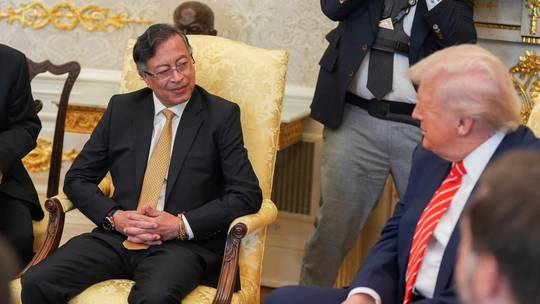


/file/attachments/orphans/GettyImages-173171038_666041.jpg)







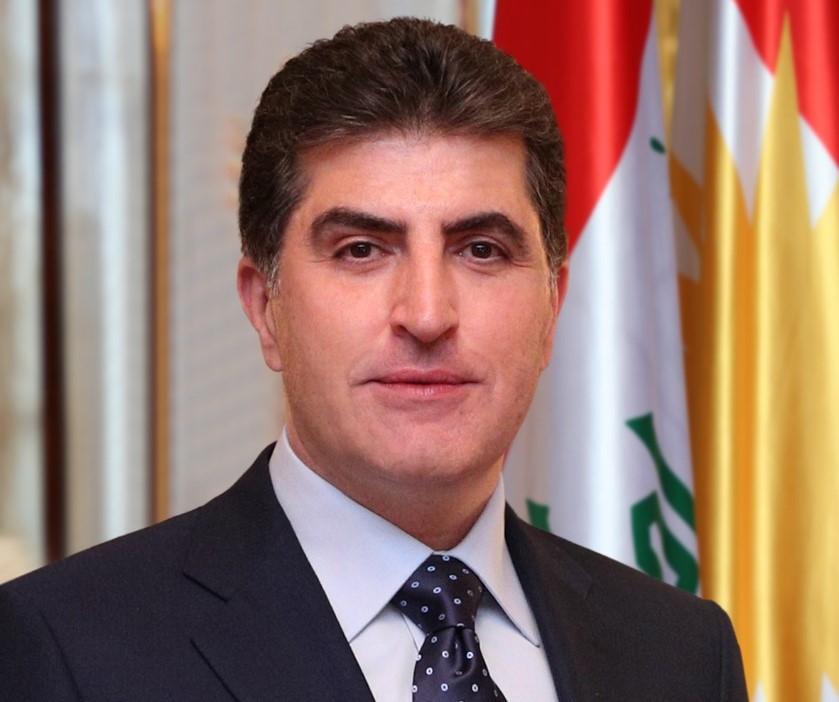



/file/attachments/orphans/IMG_9103_429753.jpeg)







